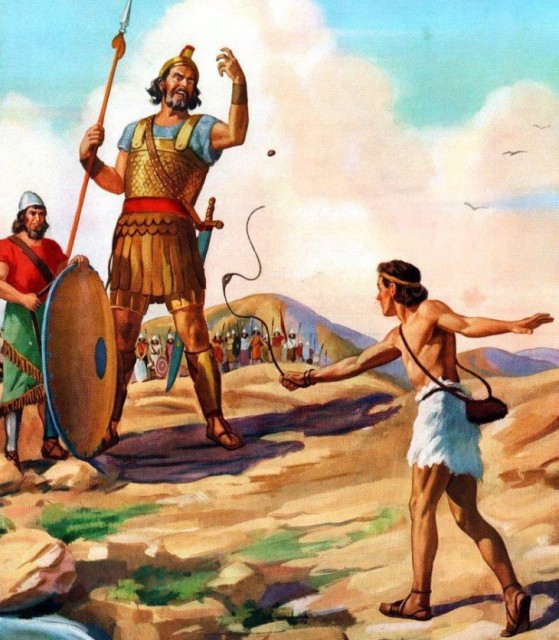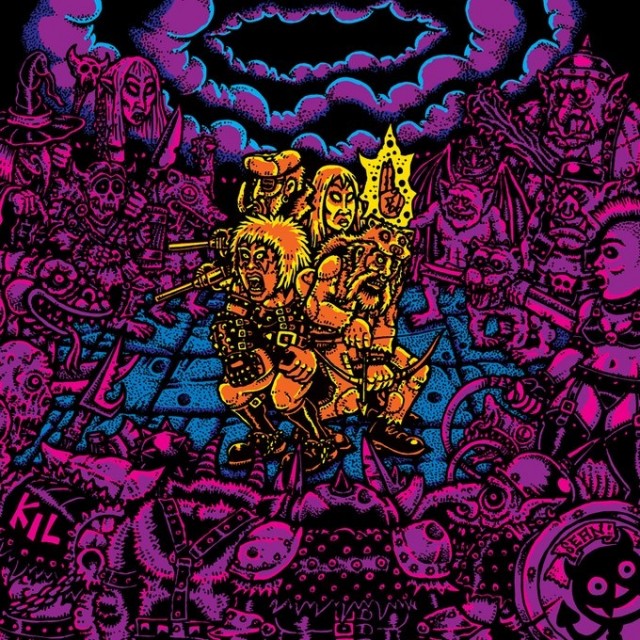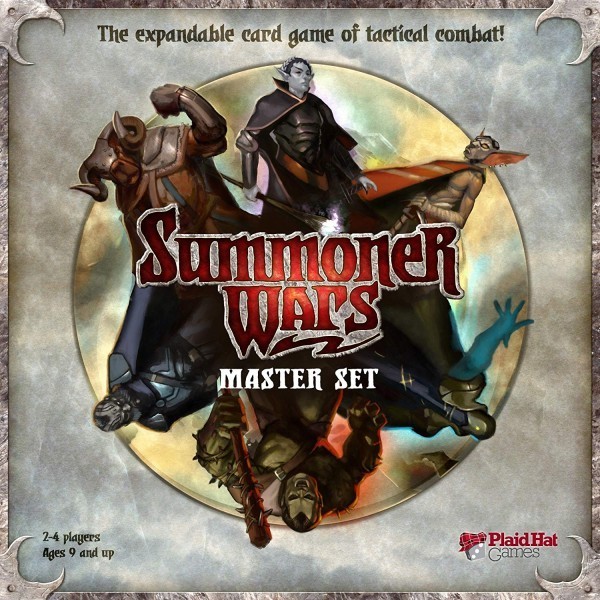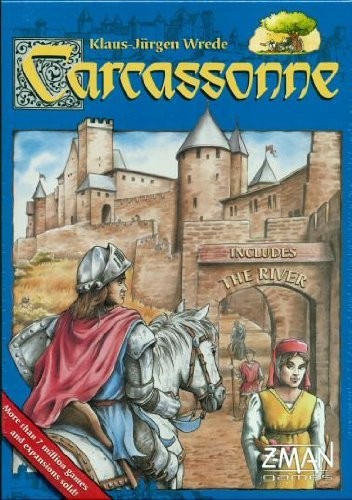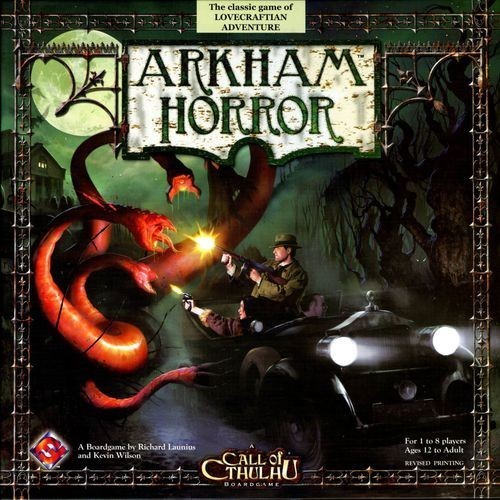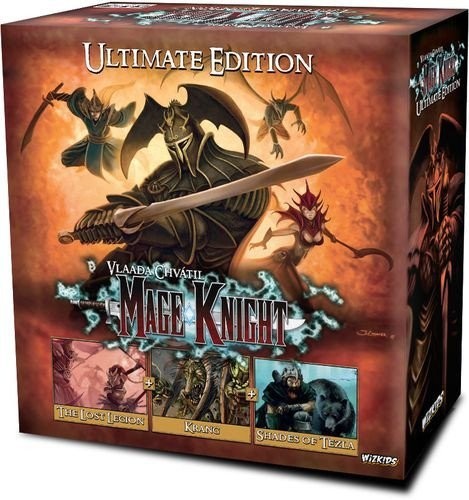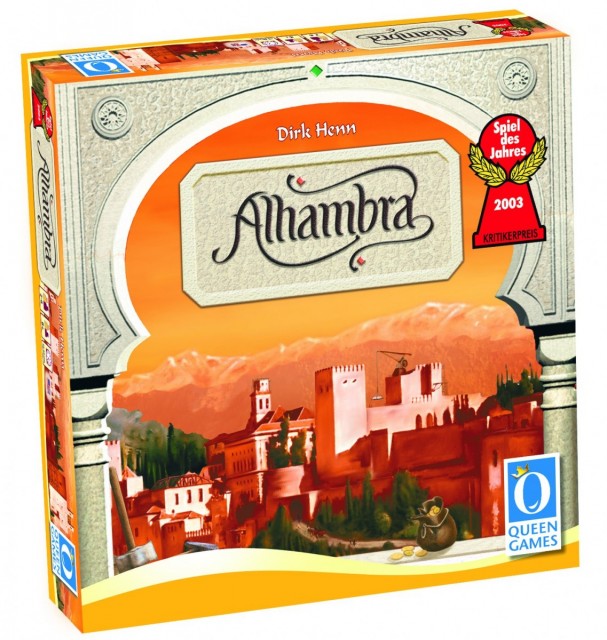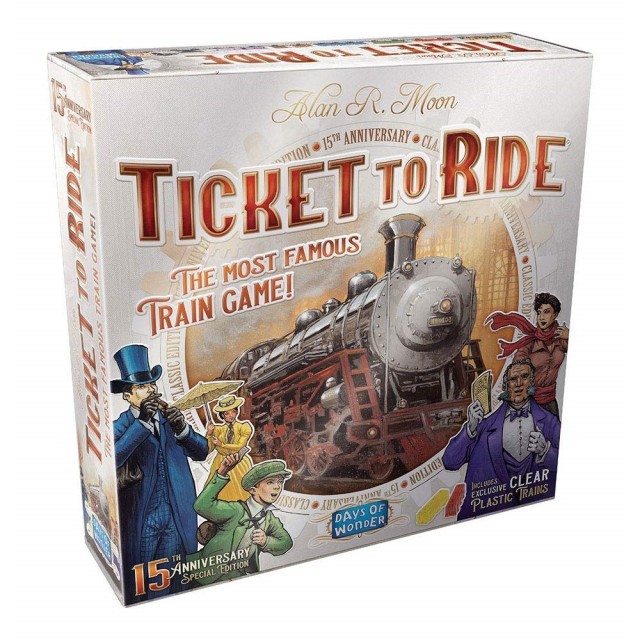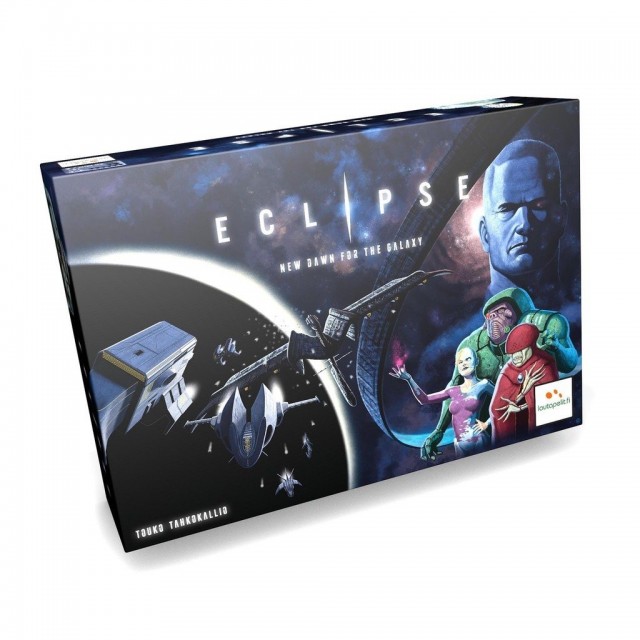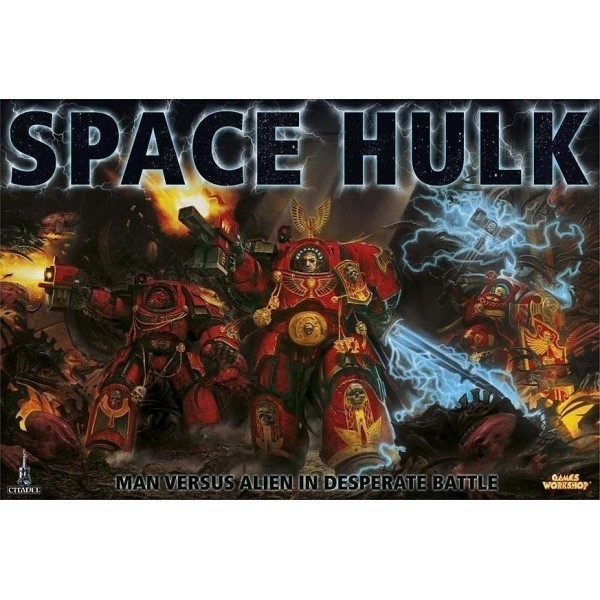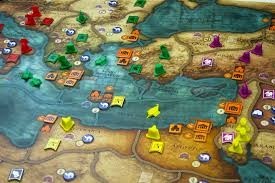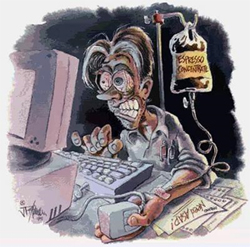 If you’d told me a couple of years ago that I’d do the majority of
my game-playing on-line, I’d have thought you were mad. Yet there’s no
getting away from the fact that one way or another, via e-mail or live
play, through a third party appliaction or a website, I play far more
games on-line nowadays than I do against real life flesh and blood
opponents. It’s a crazy, topsy-turvy world in which I regularly play
games I don’t much like, get beaten playing games at which I excel and
end up buying physical copies of games that never get played. Like it
or not, the advent of on-line board gaming has had a major impact on
our hobby, but this is an area where I feel the smooth is very much
balanced by the rough.
If you’d told me a couple of years ago that I’d do the majority of
my game-playing on-line, I’d have thought you were mad. Yet there’s no
getting away from the fact that one way or another, via e-mail or live
play, through a third party appliaction or a website, I play far more
games on-line nowadays than I do against real life flesh and blood
opponents. It’s a crazy, topsy-turvy world in which I regularly play
games I don’t much like, get beaten playing games at which I excel and
end up buying physical copies of games that never get played. Like it
or not, the advent of on-line board gaming has had a major impact on
our hobby, but this is an area where I feel the smooth is very much
balanced by the rough.
So that I don’t sound too miserable and pessimistic, we’ll start with the good stuff. Which is pretty obvious really - access to online games means I can play more of my favourite games, play longer games and, perhaps more importantly, it gives me a chance to try out games before buying them. Playing by email is particularly great because whilst I might not be able to find space in my busy schedule of lying around drinking beer to allow enough time to play game X, I can certainly find five minutes per day, pretty much at a time of my choosing, to make a PBEM move. It might be slow but it allows me to experience many games, such as monster wargamers, that I would otherwise never get the chance to play. How could any of this be bad?
Well, anyone who has spent any amount of time online will be aware that interacting with other human beings over the internet in any way, shape or form carries its own pitfalls, and online gaming is no exception. Freed from the social norms and potential physical threat of an actual face-to-face interaction, people online are often far ruder to each other than they’d ever be to someone in the same room. There’s also the potential for people to pull the online equivalent of flipping the board - dropping out of the game - with less retribution and less potential for you, the polite gamer, to spot the miscreant coming and avoid them, since you don’t get the chance to see the greasy, unkempt locks and thousand-yard stare on your online opponents. Wait - that actually might be a good thing. But you get my point.
But when it comes to playing games online, I find I get caught up in a whole slew of issues besides these common ones. I suspect a number of these are personal to me and my peculiarities - indeed part of my inspiration in writing this article is to find out whether any of you lot have had similar experiences.
When I was a young lad I got pretty interested in playing Chess. My parents eventually, after waiting long enough to ensure it wasn’t a mere passing fad, bought me a cheap little Chess computer to practice against. It was a pretty neat thing, with actual physical pieces that you moved around from peg-hole to peg-hole in the board. But playing against it I discovered something terrible: I could hardly ever beat it, even on the simplest difficulty setting. At the time I put it down to an inability to properly analyse the position on a small, cramped board. But as I’ve become older and more self-aware the truth of the matter has emerged: that when I’m not sat in front of another human being, my powers of concentration go out of the window. I’m impulsive at the best of times: I usually avoid analysis paralysis because after a couple of minutes, a built-in timer goes off and I make whatever move I was thinking about at that moment. But being at a computer absolutely brings out the worst of this impulsiveness. Online games often have fast, slick interfaces which just encourages me to click along just as fast to keep up, and an online session against strangers is a thing of no great value: entertaining enough but without the social nuances and bragging rights that make gaming with a well-established group such a joy. So I loose. A lot. Even at games that I’m pretty good at because I just can’t be bothered to concentrate. And if I can’t be bothered to concentrate then I’m not really learning anything about playing better or even engaging my brain to any great degree: I might actually be better off playing a twitch game.
Of course another reason I loose a lot at playing online games has nothing to do with my lack of concentration in the medium. As I mentioned, these games have fast, slick interfaces which often means that dedicated obsessives can play a hundred sessions in a day without breaking a sweat. The upshot of this is that a significant minority of the people you find to play against on sites like BSW are really, really good at their favourite games and will beat you, poor unregistered punter that you are, into a bloody pulp, again without breaking a sweat. Between this phenomenon and my inability to focus, I’ve quickly soured on a number of games I learned online because I came away convinced I was utterly, bloody awful at them only to find that when played against regular games in real life I was perfectly competitive.
Becoming convinced that you don’t want to buy a game because you’re bad at it isn’t the only potential pitfall of judging games by online play. Dominion played online is a fast and often satisfying experience wheras in real life it can sometimes be excruciatingly slow and fiddly. Imperial played online is a deep game of hard analysis with little, if any, of the wheeling and dealing that characterises face-to-face play. Playing both online does nowhere near as much to inform you about whether you like the game or not as you might imagine. And of course, being fair-minded gamers that we are who feel we ought to support designers and publishers in our niche hobby, most of us do the decent thing and buy physical copies of games that we play mainly online. Which then sit around unplayed, clogging up our shelves and gathering dust, often because the online version is both easier to use and easier to find opponents for. Makes you wonder if the Days of Wonder system of buying online licenses isn’t such a bad idea after all.
Which brings us on to the Ticket to Ride games. The final thing that irks me about online games is the temptation to play a lot of a game that I don’t particularly enjoy just to ease some boredom, and I can think of no better example than Ticket to Ride, a game which I view as nothing more than a competent family friendly design but for which I’ve racked up a considerable number of online plays on occasions when I had nothing better to do. The interface is slick, opponents are plentiful and games are astonishingly quick and lightweight enough not to let the lack of concentration bother me. So why not play to my hearts’ content? Because the answer is that there are almost certainly better ways to fill that time: twitch games are probably more fun, and I can think of a host of activities (such as writing boardgame columns) that are rather more productive. Yet because I like boardgames, and Ticket to Ride is a boardgame, and the idea of playing against other human beings, however anonymous, appeals to me I fritter away hours of my time doing something which amounts to little more than time-filling. I just lack willpower, I guess.
Lest I start to sound too much like a grumpy middle-aged man (which, however much I might wish to deny it, I actually am) you have to stack all this up against the good stuff I opened the piece with. And in honesty it’s quite clear that the advantages at least balance, if not outweigh, the disadvantages otherwise I, and thousands of other gamers, wouldn’t bother doing it. I have pretty much stopped playing online in real-time except for a few very favourite two-player games such as Twilight Struggle: in multiplayer titles I miss the social interaction too much. But I continue playing PBEM a great deal because it actually avoids most of the pitfalls I’ve mentioned - you can play regularly against chosen opponents rather than strangers, and I find the slower pace more conducive to concentration. Indeed for some of my top-rated games, such as Through the Ages I’ve never actually played a face-to-face game and instead have racked up ten plays and counting purely through email games.
But I remain fascinated by how the advent of easily available online gaming has changed the perception and habits of us, the gamers. It used to be that every game night was a minor special occasion: people would discuss it beforehand in excited tones, gather, play, and keep on playing until they could play no more, and discuss it afterwards for the whole week. Now a game is nothing more than a mouse click away, and there’s no need to worry about troublesome things like actually talking with or relating to your fellow gamers - the experience of playing has become as meaningless and throwaway as far too many other things in our modern, disposable culture. Which came first: the empty game, or the empty online gaming experience? I have no answer - you tell me.
 Games
Games How to resolve AdBlock issue?
How to resolve AdBlock issue? 
